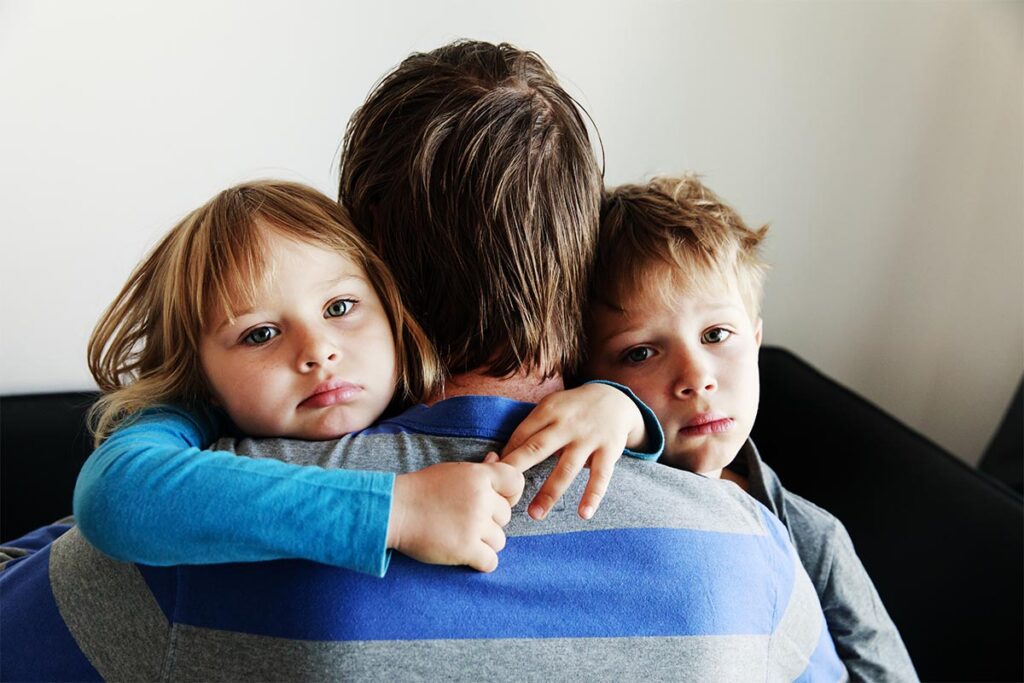Loving someone with a substance use disorder (SUD) can be hard. You might feel hurt, confused, and unsure of what to do next. Maybe your partner has broken promises, had emotional outbursts, or started acting like a completely different person. Addiction doesn’t just affect the person using drugs or alcohol—it affects the entire family, especially you.
If your relationship feels strained or even broken, you’re not alone. Addiction can damage trust, ruin communication, and create an emotional environment that feels unsafe. Over time, it can change your relationship completely. You might feel like you’re always walking on eggshells, or like you have to take care of everything by yourself. These are signs of codependency, and they’re more common than you think. If you are looking for substance abuse help in Idaho for a loved one, we can help. We help teens and adults find support as we heal the root of their addiction issues.
How Addiction Damages Relationships
Addiction impacts more than just the person using. You may notice:
-
Broken commitments: Your partner says they’ll do something, but they don’t follow through.
-
Emotional outbursts: Anger, mood swings, or shutting down completely.
-
Secrets and lies: Your partner may hide things from you or avoid telling the truth.
-
Financial trouble: Money goes missing or they keep asking you for help.
-
Constant tension: You argue more or feel like nothing you say gets through.
-
Unhealthy patterns: You might find yourself covering for them or trying to “fix” everything on your own.
This kind of stress can wear you down emotionally and physically. It can also lead to unhealthy relationship dynamics that make it even harder to heal.
What You Can Do
You don’t have to face this alone. While your loved one needs professional treatment, you need support too. Healing starts when everyone in the family gets help—because addiction is a family disease.
Here are a few ways to start rebuilding:
-
Set clear boundaries. Let your partner know what behaviors you will and won’t accept. This isn’t about punishment—it’s about protecting your emotional well-being.
-
Join a support group. Groups like Al-Anon or therapy groups for partners of people with SUDs can give you strength, guidance, and a sense of community.
-
Try family therapy. A trained therapist can help you and your partner talk honestly, understand each other, and work through the damage addiction has caused.
-
Learn more about addiction. Understanding what’s really going on in your loved one’s brain can help you stop taking things personally and focus on healing.
Why Family Therapy Matters
At Zelus Recovery, we believe relationships are part of recovery. When you join your loved one in therapy, you’ll both have the chance to heal—not just from addiction, but from the hurt it caused in your relationship.
Family therapy can help you:
-
Rebuild trust
-
Improve communication
-
Set healthy expectations
-
Learn how to support recovery without losing yourself in the process
You’ll also learn skills like stress management, conflict resolution, and how to avoid falling into codependent habits.
Start Healing Together
If you live in Idaho and your partner is struggling with addiction, don’t wait. The earlier you get help, the better chance your relationship has to recover.
At Zelus Recovery, we treat the whole family—not just the individual. Our care is built on understanding relationships, emotional safety, and what it takes to truly heal. Whether it’s through family therapy, support groups, or education, we’re here to walk with you every step of the way.
Call 208.518.0797 or fill out our online form to learn how Zelus Recovery can help your entire family start healing—together.





